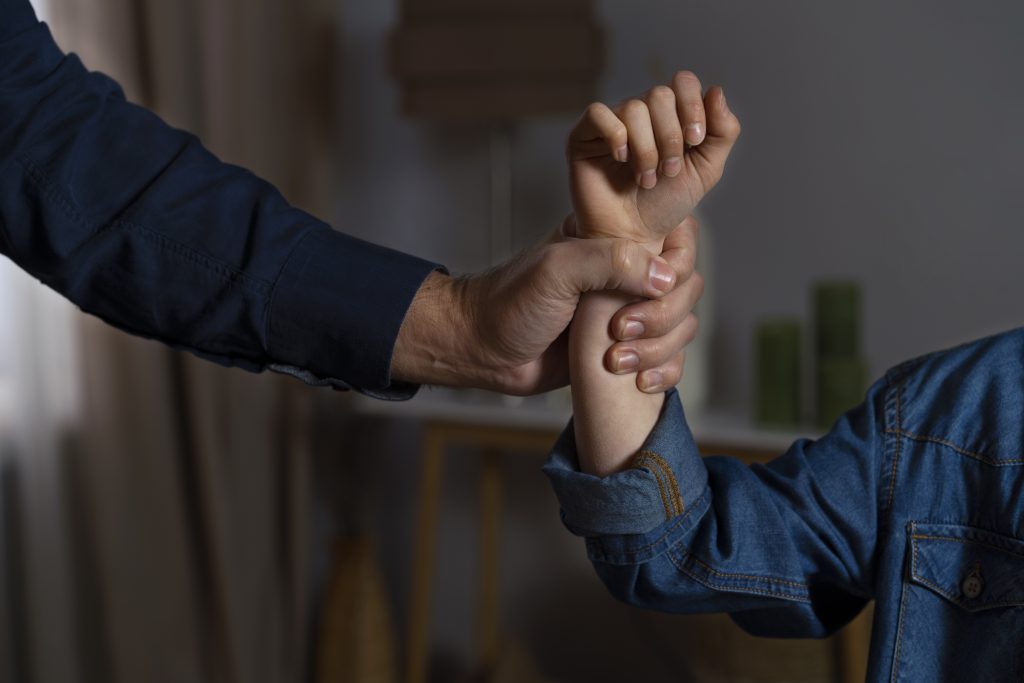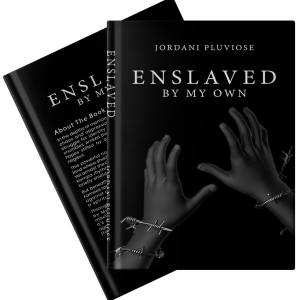
Childhood is meant to be safe, full of love and hugs. But for some, it is filled with abandonment, neglect, abuse, and silent tears. What happens when a child feels forgotten or unloved? What happens when there is no one to say “I care”? These sad moments stay in the heart. As the child grows into an adult, they may build big emotional walls to stay safe. These walls might block out both hurt and happiness.
In the story of one boy who faced deep pain, we see what many people endure when they are left behind or treated poorly. His life shows the hard path from pain to healing, through the stages of trauma recovery. He had to learn new ways to feel and trust again. This blog discusses how children who others have hurt often grow up with strong walls, but also explores how overcoming hardship can bring peace.
When Love Is Missing, Walls Begin to Build
Children need hugs, kind words, and smiles to feel safe. But what if no one shows love? What if a child is ignored or hurt? When there is neglect and abuse, children start to feel scared and lonely. They ask, “Why does no one care?” or “Did I do something wrong?” This sadness turns into silence. They stop asking for love and start building strong emotional walls.
These walls scream, “I won’t let anyone hurt me again.” This pain of abandonment begins here. No one should ever make a child feel unwanted. However, when people repeat this hurt, they change how the child sees the world. Trauma recovery moves forward slowly, starting with the need to feel safe. But wounded hearts struggle to trust safety. Still, when people talk about their pain and seek support, they open the door to hope. This action becomes the first step toward overcoming hardship.
Trust Becomes a Scary Thing
Can you trust someone if you were hurt by the people who were supposed to protect you? When a child faces neglect and abuse, their heart says, “Trust is not safe.” As they grow, they still feel that fear. They may ask, “Will this person leave me, too?” or “Is this just another lie?” These thoughts are the echoes of abandonment. Due to this fear, they construct emotional walls.
These walls keep others out, even the kind ones. In the journey through the stages of trauma recovery, learning to trust again is a big step. It takes time and love. But even with fear, healing is possible. Bit by bit, they can dismantle the wall. It’s okay to feel scared. It’s okay to go slow. With each small step, they learn how to let someone in again. That is a big part of overcoming hardship—learning that not everyone will hurt you.
Emotions Get Locked Inside
What do you do when crying leads to punishment? What if no one listens when you say you’re hurt? When a child faces neglect and abuse, they learn to hide their feelings. People often say, “If I don’t feel, I can’t be hurt.” This belief builds deep emotional walls. Feelings like sadness, anger, or fear stay locked inside. The pain of abandonment adds to the silence. As adults, they may feel empty or confused.
They may not understand why they feel numb. In the stages of trauma recovery, opening up is a slow process. First, they must feel safe. Then, they start naming their feelings. It can be hard to say, “I’m sad,” or “I’m angry.” But saying it out loud is part of overcoming hardship. Step by step, those locked emotions come out. And with each feeling that’s freed, the wall becomes smaller. Healing begins with the courage to feel again.
Healthy Love Feels Unfamiliar
Why does real love feel strange? When someone shows kindness, why does it feel scary? People who grew up with neglect and abuse might not know what healthy love looks like. Their heart says, “This is new. Can I trust it?” They might run from good love or push it away. The fear of abandonment still whispers, “Don’t get too close.” So, they build more emotional walls.
Even when someone wants to care, the wall blocks them. In the stages of trauma recovery, learning about healthy love is very important. It means feeling safe with hugs, kind words, and open hearts. It means learning that love doesn’t hurt or disappear. Learning this takes time, but it helps in overcoming hardship. Healthy love becomes the tool that softens the wall. Bit by bit, their heart learns to trust again. And slowly, they begin to believe that love is real.
Being Alone Feels Safer Than Being Hurt Again
Why do some people choose to be alone? Is it because they enjoy it, or is it safer than being hurt? For those who faced neglect and abuse in childhood, being alone feels safe. They say, “If no one is close, no one can hurt me.” This is how abandonment leaves a mark. Emotional walls become a shield. But shields also block joy, laughter, and love.
In the stages of trauma recovery, facing the fear of closeness is hard. But staying alone brings sadness. So, the healing process begins by having someone stand near the wall, even if the wall is still up. With time and care, the wall can open a little. Then, they learn it’s okay to have company. Choosing to be alone may feel safe, but accepting love brings something even better. In overcoming hardship, it’s okay to take small steps. Every step toward connection is a step toward a brighter heart.
How Childhood Neglect Lead to Emotional Walls
Emotional walls don’t build themselves overnight. People build them brick by brick through abandonment, neglect, abuse, and deep pain. But people can also tear those walls down. Healing takes time, and the stages of trauma recovery guide them through that journey—creating safety, exploring feelings, and rebuilding connection. Even those who grew up feeling unwanted can discover that they matter. They can start overcoming hardship and rediscover joy.
They begin this healing with small acts of love, steps of trust, and gentle words of care. If this story reflects your pain, remember—you’re not walking alone. The path may challenge you, but it overflows with hope. If you’re ready to witness a powerful journey of survival, strength, and healing, read Enslaved by My Own by Jordani Pluviose. This story shows how people can break down even the strongest walls and mend even the most broken hearts.


